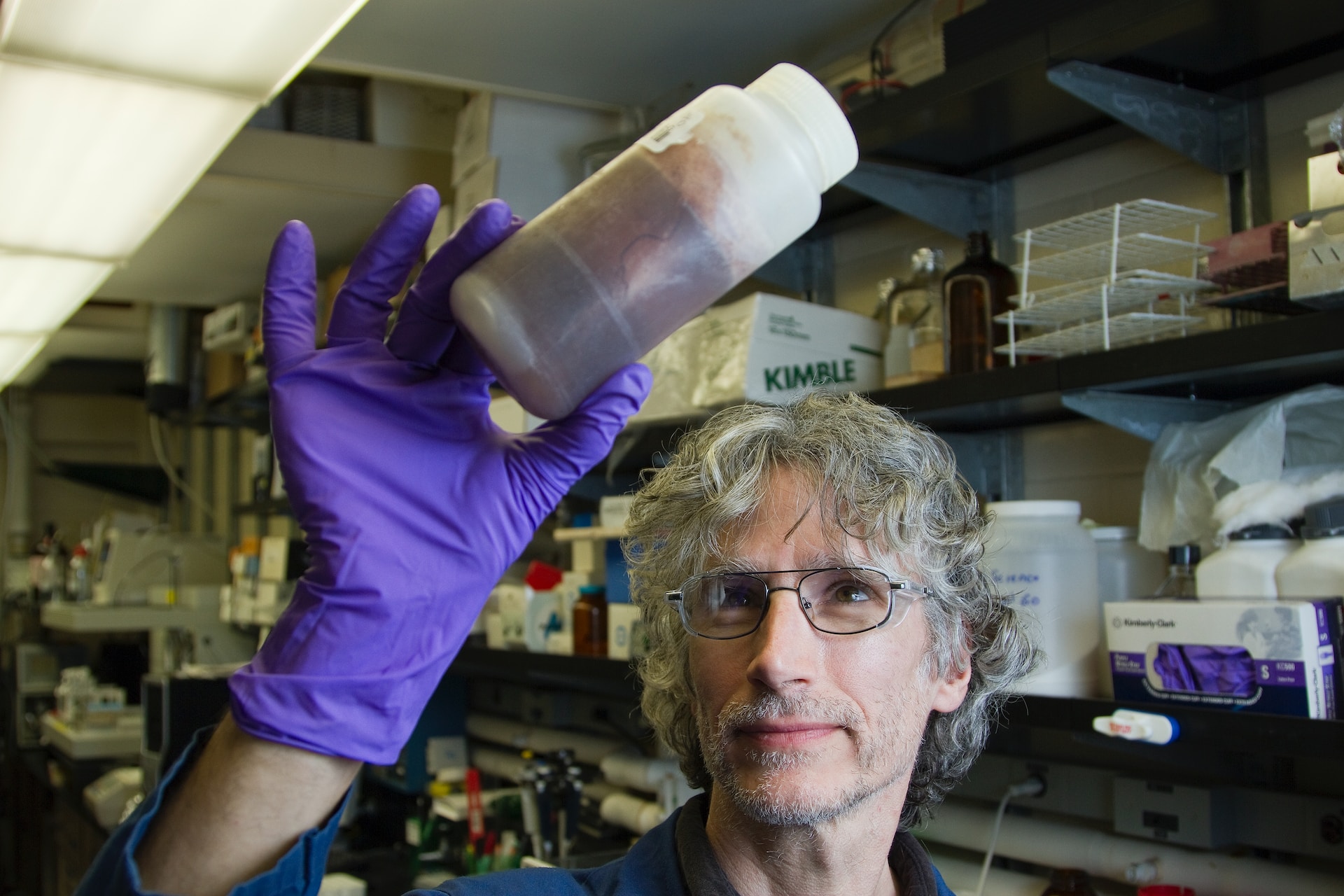New Alzheimer’s Research Pinpoints Disease Trigger
Alzheimer’s research studies are widespread, but very few have led to any major breakthroughs in recent years.
Cambridge Study Identifies Catalyst
Researchers at Cambridge University published a study on Monday that was able to identify the process that turns healthy cells into abnormal cells, the catalyst that causes the onset of Alzheimer’s. These findings bring scientists a step closer to finding prevention or treatment solutions for the disease.
Alzheimer’s is the 6th leading cause of death in the United States and has recently passed cancer and heart disease as the most[…]
Alzheimer’s Patient Receives First Ever Brain Pacemaker
The first ever brain pacemaker was recently implanted in a woman suffering from the early stages of Alzheimer’s.
Kathy Sanford was the first of 10 patients with mild or early stage Alzheimer’s to take part in a new study. The study’s intent is to determine whether a brain pacemaker can improve cognitive and behavioral functions in those affected by cognitive illnesses like Alzheimer’s and other forms of dementia.
How Does a Brain Pacemaker Work?
The FDA-approved study that began in October 2012 is being conducted by doctors and researchers at Ohio State University’s Wexner Medical Center and is scheduled to end in 2015.





 Reviews of each company’s financial stability ratings, claims experience, and size.
Reviews of each company’s financial stability ratings, claims experience, and size. A side-by-side comparison of each company’s policy features. We cover the similarities and the differences.
A side-by-side comparison of each company’s policy features. We cover the similarities and the differences. Price comparisons customized to suit your specific needs from top carriers such as Nationwide, Thrivent, New York Life, National Guardian Life, Mutual of Omaha, and more.
Price comparisons customized to suit your specific needs from top carriers such as Nationwide, Thrivent, New York Life, National Guardian Life, Mutual of Omaha, and more.